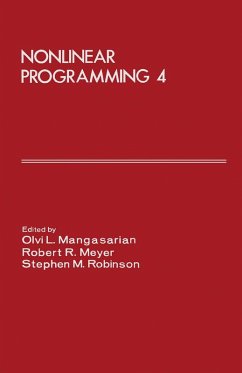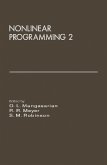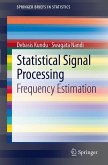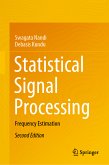The selection first elaborates on an upper triangular matrix method for quadratic programming, solving quadratic programs by an exact penalty function, and QP-based methods for large-scale nonlinearly constrained optimization. Discussions focus on large-scale linearly constrained optimization, search direction for superbasic variables, finite convergence, basic properties, comparison of three active set methods, and QP-based methods for dense problems. The book then examines an iterative linear programming algorithm based on an augmented Lagrangian and iterative algorithms for singular minimization problems.
The publication ponders on the derivation of symmetric positive definite secant updates, preconditioned conjugate gradient methods, and finding the global minimum of a function of one variable using the method of constant signed higher order derivatives. Topics include effects of calculation errors, application to polynomial minimization, using moderate additional storage, updating Cholesky factors, and utilizing sparse second order information.
The selection is a valuable source of data for researchers interested in nonlinear programming.
Dieser Download kann aus rechtlichen Gründen nur mit Rechnungsadresse in A, B, BG, CY, CZ, D, DK, EW, E, FIN, F, GR, HR, H, IRL, I, LT, L, LR, M, NL, PL, P, R, S, SLO, SK ausgeliefert werden.









